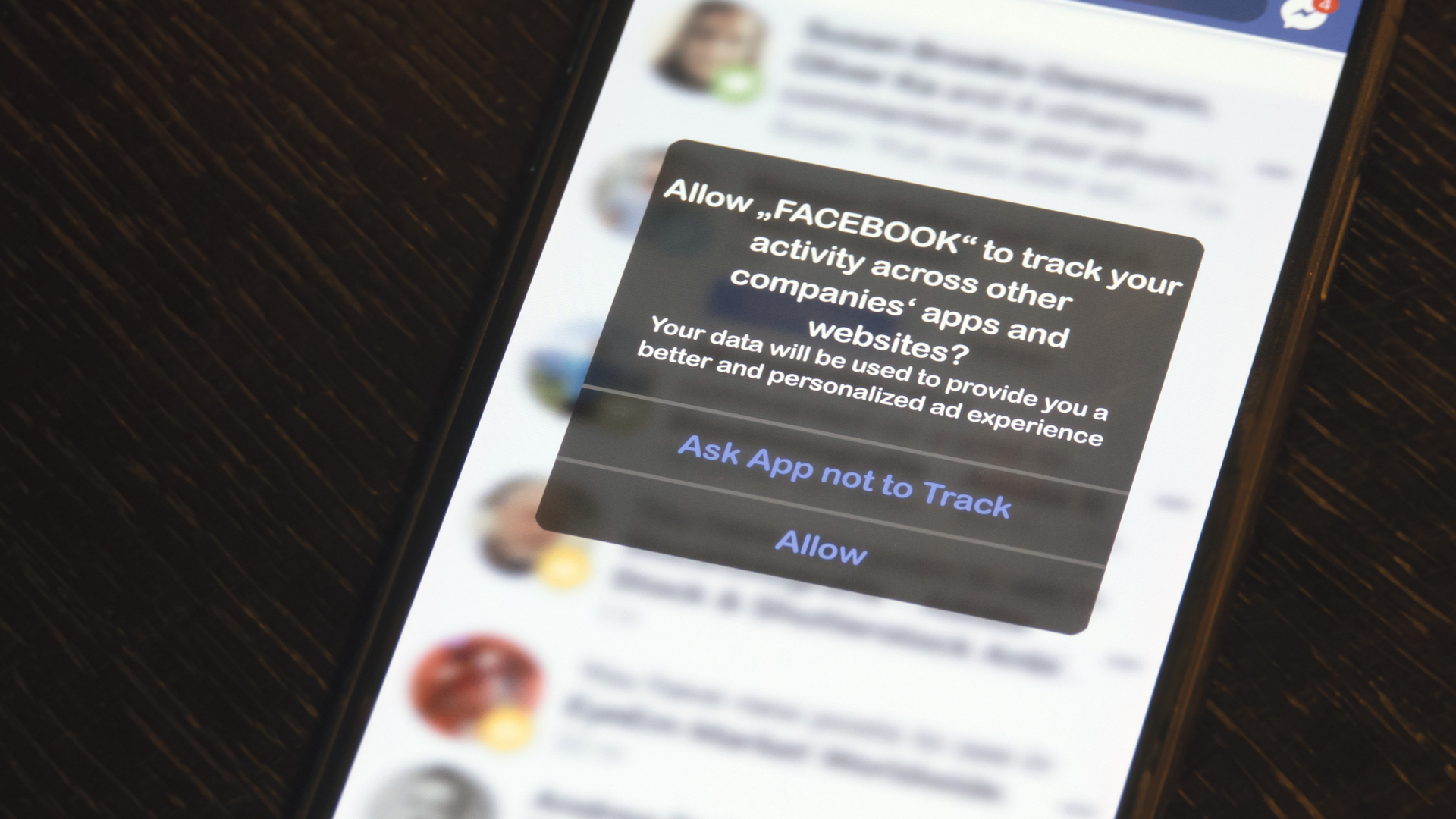Apple's ad transparency policy has cost Facebook, YouTube, Snap almost $10 billion so far
Estimate from the Financial Times says Facebook has been hit hardest by new rule requiring user consent


Social media platforms including Facebook, YouTube, Twitter, and Snap are believed to have collectively lost almost $10 billion in revenue in the second half of 2021 following the introduction of a new policy that requires third-parties to gain user consent before collecting and sharing data.
A new investigation by the Financial Times revealed that the introduction of the App Tracking Transparency (ATT) policy had cost the four social media giants around 12% of their revenue – or $9.85 billion.
It's the first report to emerge detailing the material cost of the implementation of the repeatedly-delayed policy, which ultimately came into effect in April 2021 as part of iOS 14.5.
According to the FT’s report, Facebook recorded the biggest financial loss "in absolute terms":
"Facebook has the most to lose because the cost of running advertisements on its platform has been increasing for years," the report stated.
However, Snap "fared the worst as a percentage of its business" due to its advertising being mainly tied to smartphones.
This is because ATT requires apps to ask users for permission to collect and share data using Apple’s device identifier, a move which limits social media platform’s capacity to target iPhone owners, as part of Apple’s aims to protect and bolster user privacy.
Sign up today and you will receive a free copy of our Future Focus 2025 report - the leading guidance on AI, cybersecurity and other IT challenges as per 700+ senior executives
"Advertisers have responded by cutting back their spending at Snap, Facebook, Twitter and YouTube and diverted their budgets elsewhere: in particular to Android phone users and to Apple's own growing ad business," the report stated.
Facebook has been the most vocal critic of the privacy change, having previously taken out a full-page ad in the New York Times, the Washington Post, and the Wall Street Journal to claim that Apple’s changes would be “devastating to small businesses”.
Meanwhile, Apple hit back by publicly criticising the business model of Facebook and similar social media platforms for their reliance on ad-tracking and targeting of user data.
In February, two months before ATT was set to be introduced, Facebook began to push its own notification asking for users to consent to targeted advertising in an attempt to “provide more information”.
Facebook and YouTube’s parent company Google were not immediately available to comment about the FT’s report findings.
Having only graduated from City University in 2019, Sabina has already demonstrated her abilities as a keen writer and effective journalist. Currently a content writer for Drapers, Sabina spent a number of years writing for ITPro, specialising in networking and telecommunications, as well as charting the efforts of technology companies to improve their inclusion and diversity strategies, a topic close to her heart.
Sabina has also held a number of editorial roles at Harper's Bazaar, Cube Collective, and HighClouds.
-
 What the UK's new Centre for AI Measurement means for the future of the industry
What the UK's new Centre for AI Measurement means for the future of the industryNews The project, led by the National Physical Laboratory, aims to accelerate the development of secure, transparent, and trustworthy AI technologies
-
 Meta's huge capex spree shows it's struggling to keep pace with Google and OpenAI
Meta's huge capex spree shows it's struggling to keep pace with Google and OpenAINews Meta CEO Mark Zuckerberg promises new models this year "will be good" as the tech giant looks to catch up in the AI race
